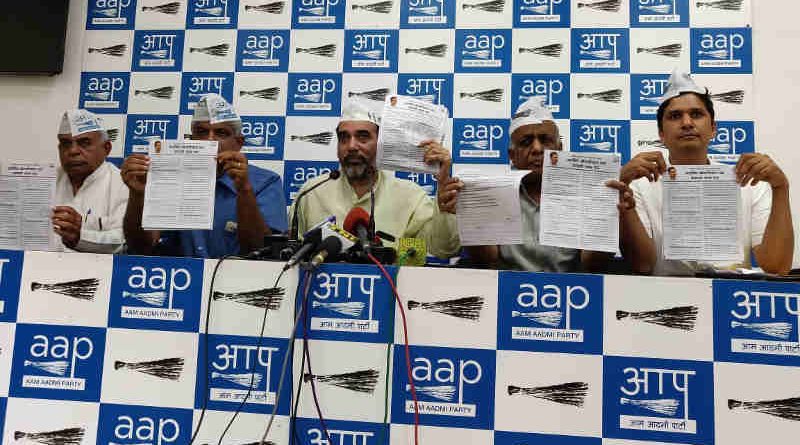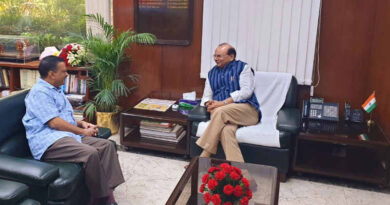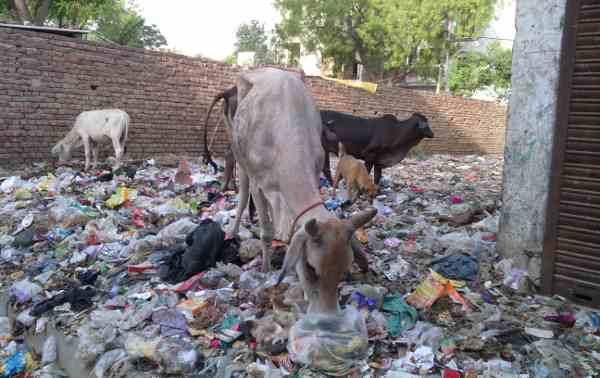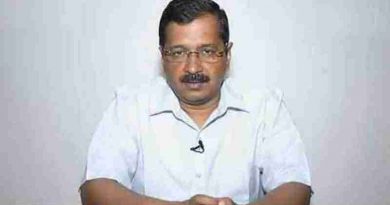Aam Aadmi Party Named Accused by ED in Delhi Liquor Policy Scam
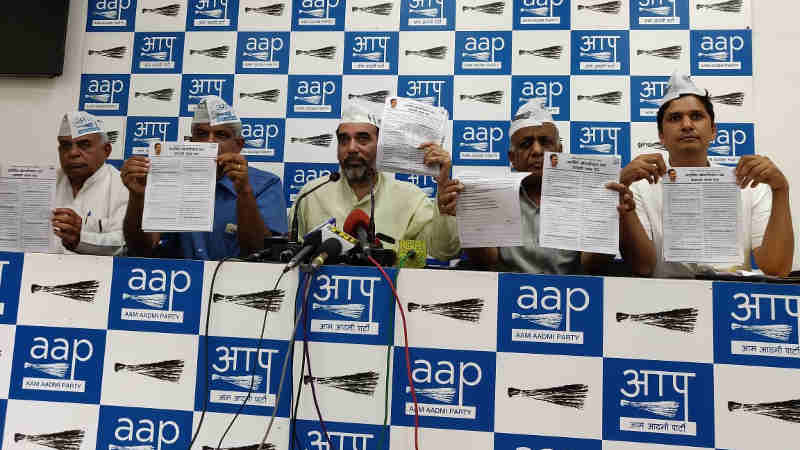
Aam Aadmi Party Named Accused by ED in Delhi Liquor Policy Scam
It is stated to be the first time that the ED – which investigates serious cases of financial crime – has accused a political party in a money laundering case.
By Rakesh Raman
The Enforcement Directorate (ED) has named Aam Aadmi Party (AAP) as an accused in the Delhi liquor policy scam in which a number of AAP politicians are either imprisoned or released on temporary bails.
It is stated to be the first time that the ED – which investigates serious cases of financial crime – has accused a political party in a money laundering case.
In a supplementary chargesheet filed today (May 17) in Delhi’s Rouse Avenue court, the ED named AAP and its national convenor, Arvind Kejriwal, who is out on interim bail in this liquor scam case. Now, the ED can approach the Election Commission of India (ECI) to get AAP derecognized and even confiscate the AAP properties.
Earlier, in April, the Delhi High Court had ruled that there is sufficient evidence to keep Delhi chief minister (CM) and AAP leader Kejriwal in jail, as he is an accused in the Delhi liquor mafia case.
In its judgment pronounced on April 9, the court – while dismissing Kejriwal’s petition challenging his arrest – said that the ED has rightly arrested and incarcerated Kejriwal on the basis of evidence.
The high court observed that the material collected by ED shows that Kejriwal conspired to make a dubious excise police and used proceeds of the crime. The court also said that Kejriwal is involved in his personal capacity as well as AAP leader in the liquor scam and demanded kickbacks.
In order to challenge the high court order, Kejriwal approached the Supreme Court on April 10. Later, in a shocking decision on May 10, the Supreme Court granted interim bail to Kejriwal.
Although a slew of AAP politicians have been spreading lies that there is no money trail in the Delhi liquor mafia case, the high court stated that the money trail has been established.
According to the court verdict, the ED has put enough material – including statements of approvers made in front of the court and AAP candidates – on record which proves that Kejriwal’s party used the illicit money received through liquor scam in Goa elections.
Another AAP politician Manish Sisodia is also in jail in this liquor scam case. In October last year, while rejecting the bail application of Sisodia, the Supreme Court said there is a possible embezzlement of Rs. 338 crore in the liquor scam case.
The courts have been repeatedly asserting that Kejriwal and his AAP colleagues have embezzled hundreds of crores of rupees in the liquor mafia case. Therefore, the dishonest AAP politicians who hold fake press conferences and Kejriwal’s wife should not try to mislead the public by spreading falsehood about Kejriwal’s imprisonment. Courts have found that Kejriwal is not innocent.
Another colleague of Kejriwal, Sanjay Singh – who was also in Tihar jail in the same liquor mafia case – was granted bail on April 2 when the ED did not object to his bail.
Although the ED persistently objects to bails in courts, surprisingly the ED did not raise any objection in Sanjay Singh’s case when he sought bail in the court after spending almost 6 months in jail.
Normally, the investigating agencies such as the ED do not oppose bails to the accused if they turn approvers in a case so that the kingpins in the crime could be convicted.
The ED already believes that Kejriwal is the kingpin in the Delhi liquor mafia case and immediately after Kejriwal’s imprisonment, the ED facilitated Sanjay Singh’s release on bail.
So, there is a possibility that Sanjay Singh has turned approver and on the basis of crucial information provided secretly by him, the ED could collect substantial evidence to arrest and incarcerate Kejriwal.
Moreover, reports suggest that the ED dragnet will soon extend to more AAP leaders including Atishi, Raghav Chadha, Saurabh Bhardwaj, Durgesh Pathak, and others. Some of these names are already in the files of the ED or the Central Bureau of Investigation (CBI).
But instead of telling lies in their impromptu press conferences, if they cooperate with the ED and tell the truth of the liquor mafia case, they too can hope to get relief as Sanjay Singh got with the help of ED.
Now Kejriwal and three more AAP leaders – including Sanjay Singh, Manish Sisodia, and Satyendar Jain – have been jailed for alleged money laundering and corruption crimes.
Besides corruption in liquor policy case, it is alleged that Kejriwal has squandered public money in excess of Rs. 45 crore to renovate his house. In September last year, the CBI launched a preliminary inquiry into alleged irregularities in the construction and renovation of Kejriwal’s house.
Now, Kejriwal is tuned to living in a palace-like home and does not want to be caged in the jail cell. But if the courts and investigating agencies probe all the cases diligently, it is possible that Kejriwal and many other AAP leaders will have to spend their remaining lives in jail.
Meanwhile, on April 2, the ED accused AAP leaders of bribery and corruption in the Delhi Jal Board (DJB) scam, claiming that AAP used the corruption money as election funds. Also, on May 6, Delhi Lieutenant Governor (LG) V. K. Saxena ordered a probe by the National Investigation Agency (NIA) to investigate Kejriwal’s links with terror outfits.
In an ongoing RMN Poll, 81% people say that Kejriwal should resign from the CM position as he has been jailed. But Kejriwal has not yet resigned.
By Rakesh Raman, who is a national award-winning journalist and social activist. He is the founder of the humanitarian organization RMN Foundation which is working in diverse areas to help the disadvantaged and distressed people in the society.
He has also been publishing The Integrity Bulletin news magazine since 2018 to cover local and international corruption issues to engage with different stakeholders who are trying to combat corruption in the world.
In order to inform the Indian citizens and the global community about the extent of corruption in India, he compiled and released in October 2023 a comprehensive research report “India Corruption Research Report 2023 (ICRR 2023)”. It is the second annual report on corruption in India while the first report ICRR 2022 was released in October 2022.
He runs a community-driven anti-corruption social service “Clean House” to help the residents of Delhi raise their voice against the growing corruption and injustice in housing societies where millions of people suffer because of rampant corruption and lawlessness.

